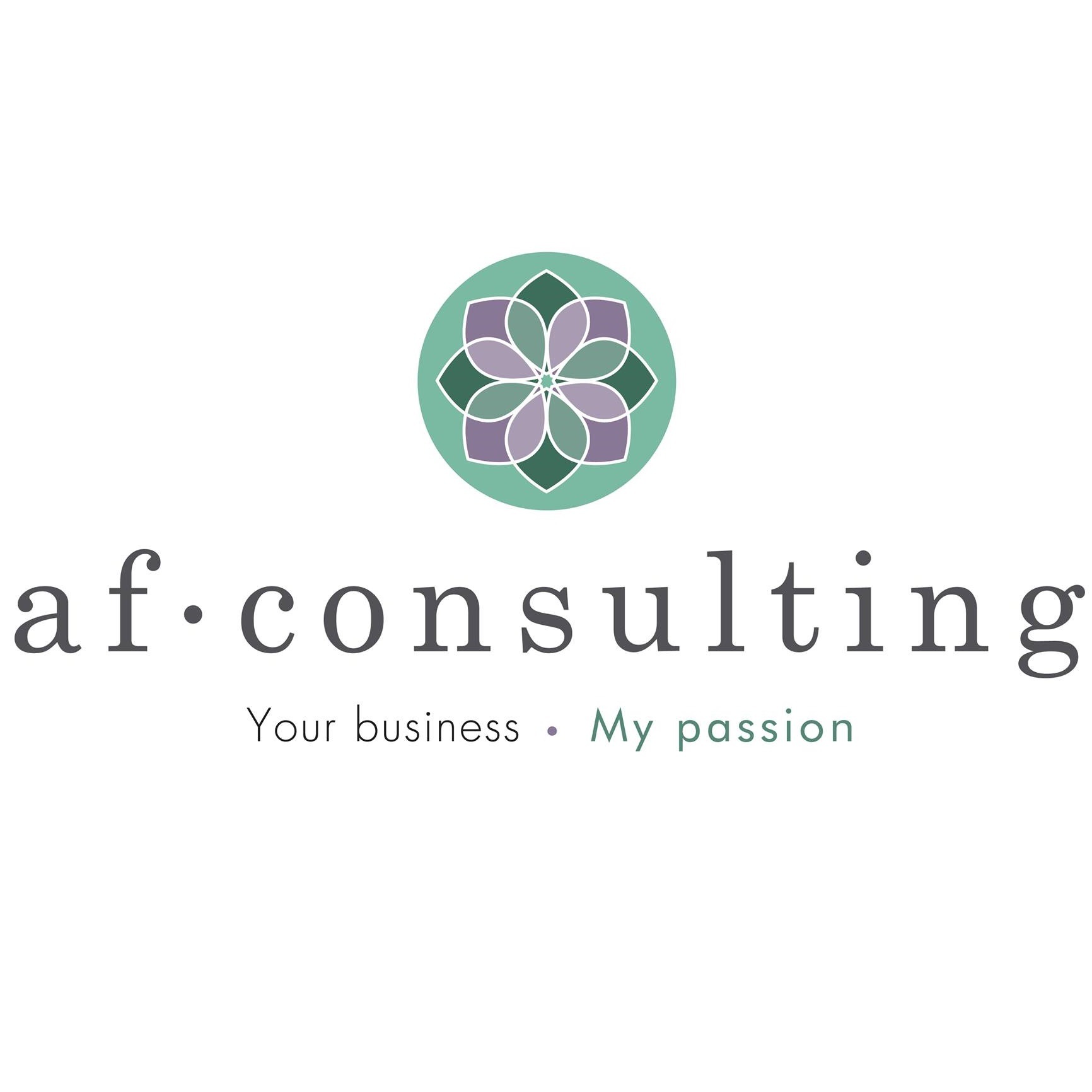Generational Differences In The Workplace
Unless your business is a solo operation, you’re probably working with a multi-generational team. Lucky for you, there are major benefits to an age-diverse workforce. You can use the unique perspectives of your employees to appeal to different age demographics, mentor each other, and solve problems with a combination of experience and fresh perspectives.
Here are a few characteristics of each generation:
1. BABY BOOMERS: Dedicated workers who value visibility
Baby boomers were born between 1946 and 1964. The end of World War II and the economic prosperity that followed led to a boom in births; hence the name “baby boomers.”
Here are a few characteristics of Baby Boomers:
• They are competitive and driven. When boomers reached working age, they faced higher competition for jobs because of the rise in population. This led to a generation of determined workers who take pride in their career.
• They value visibility into their work. This can make remote work environments challenging for them. In a recent GetApp survey, 48% of small business employees over the age of 56 said that their job satisfaction was higher when they were working in the office or worksite.
• They have had to adapt to technology. Unlike the generations that came after them, boomers were not born into technology. By the time commercial Internet access was being sold to customers in 1995, boomers were well into adulthood, with the youngest of them 31 years old and the oldest, 49.
• They are retiring later than previous generations. Improved life expectancy combined with baby boomers’ strong work ethic has led to a majority of them retiring later than previous generations.
2. GENERATION X: Independent and well-educated individuals
Generation X includes individuals born from 1965 to 1980. Though there are theories about the origins of the moniker “X,” many believe that the “X” refers to an unknown variable or to a desire not to be defined.
Here are a few characteristics of Gen X’ers:
• They value autonomy. Often the children of two working parents, Gen Xers became independent and learned to solve problems on their own early on in life.
• They are well educated. The decline of manufacturing jobs at the time Gen Xers were leaving for college led to a generation that used education as a means for professional advancement.
• They are comfortable with technology. Gen Xers grew up on MTV, video games, and cable news. Because of that, Gen Xers are very comfortable with technology like computers and smartphones, along with learning new software or programs.
• They prefer to create a clear separation between their work and personal lives. More so than their predecessors, Gen Xers value work-life balance. According to Business Wire, 41% of Gen Xers ranked time off as the number one perk.
3. MILLENNIALS: A collaborative and impact-oriented generation
Millennials (also known as Generation Y) were born between 1981 and 1996. This group got the name “millennials” because the oldest of them were entering adulthood at the turn of a new millennium (2000).
Here are a few characteristics of Millennials:
• They prefer to collaborate. As a generation, millennials would rather approach their work with consideration for different points of view than take direction from the top-down.
• They are motivated by meaningful work. Millennials prefer work that uses their creativity, leverages their talent, and makes an impact on others. We asked small business employees what they consider to be the most important factors when considering a job after the pandemic. Of those 26 to 35 years old, 39% say doing work they are passionate about is a top factor when considering job opportunities in the future.
• They are digital natives. Early versions of Wi-Fi were available starting in 1990, which means that millennials grew up with the internet and have watched technology like virtual reality and artificial intelligence grow from their early stages. This exposure has led to a generation with an intuitive knowledge of technology.
• They are amenable to feedback. The majority of millennials are currently in either an entry-level, intermediate, or mid-level position. As such, they are focused on their own professional development and place a lot of value on feedback and mentorship from their managers.
4. GENERATION Z: An optimistic yet risk-averse group
Generation Z, also known as Gen Z or “zoomers,” were born between 1997 and 2015. The term “zoomer” is a blend of “(Generation) Z” and “boomer.”
Here are a few characteristics of Gen Zers:
• They value social responsibility and diversity. 95% of 13 to 17-year-olds have access to a smartphone. This has led to Gen Zers growing up with immediate access to the internet, news, and social media. In fact, social media has allowed them to express their thoughts on political and cultural issues before they were old enough to vote.
• They expect to work with modern technology. Gen Zers were born into a digital world, so it makes sense that they expect technology to be interwoven into their jobs. Majority claimed to use multiple tools for everything from personal organization to storing files, and learning and development.
• They’re breaking away from institutional structures. More than previous generations, Gen Zers are inclined to take a non-traditional approach to their education, finances, and work. For example, Gen Zers are investing their money in cryptocurrency while boomers are more likely to choose traditional investments like bonds. From an educational perspective, Gen Zers are still going to college, but they are also using tutorial videos, online classes, and real-world experience to tailor their learning towards their unique, personal goals.
• They want stability AND flexibility. Events like the Great Recession and the student loan crisis have caused Gen Zers to focus on generating security through their choices. As much as they want a stable income and benefits, they also want work environments that offer flexibility in place and time.
With this information, managers and HR executives can develop multigenerational strategies in recruitment, orientation, talent management, retention, and succession planning.
One method used by recruiters to secure the perfect match for your organization is through a personality test. This test enables us to understand people, what drives them, and how they collaborate. CLICK HERE for a free personality test.
WOULD YOU LIKE TO BE INSPIRED?
Then come spend the day with fellow Women in Business. Receive lots of teachings, advice, tips for success, motivation and yes, lots of inspiration!
Join our upcoming workshop on the 22nd of February 2023 in Hermanus for more tips to live your Best Business Life.
CLICK HERE FOR MORE INFO ON THE BEST BUSINESS LIFE WORKSHOP
For any guidance or advice on generational differences in your business, you are very welcome to contact me today.













































